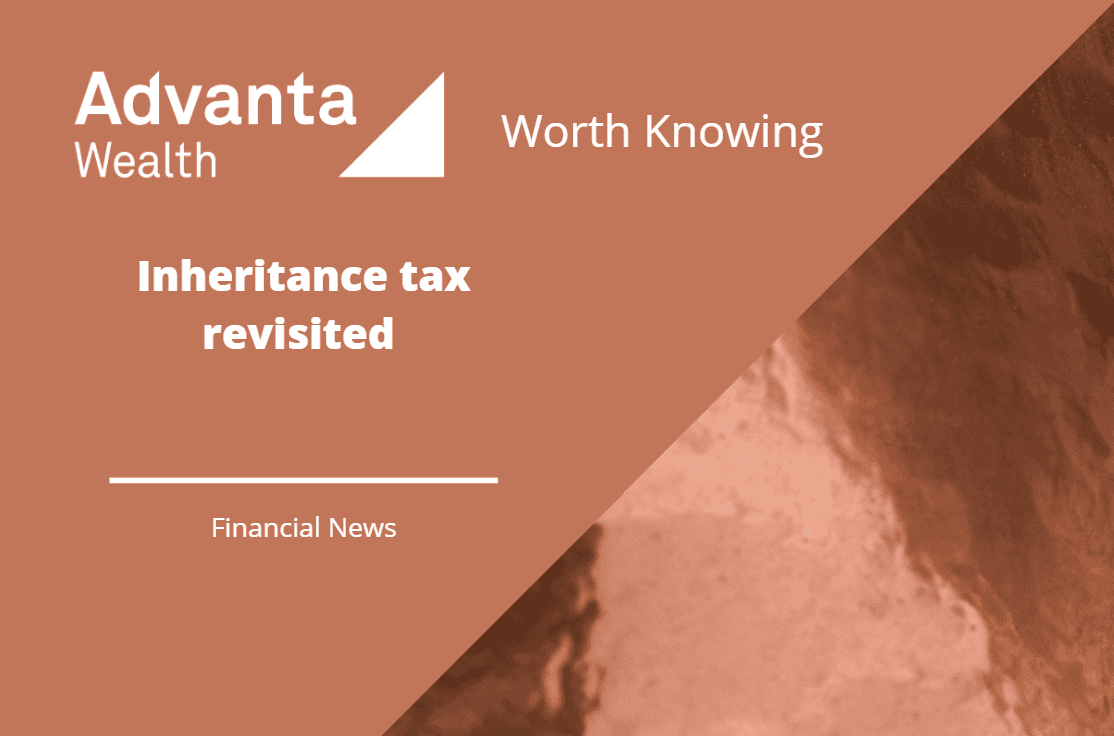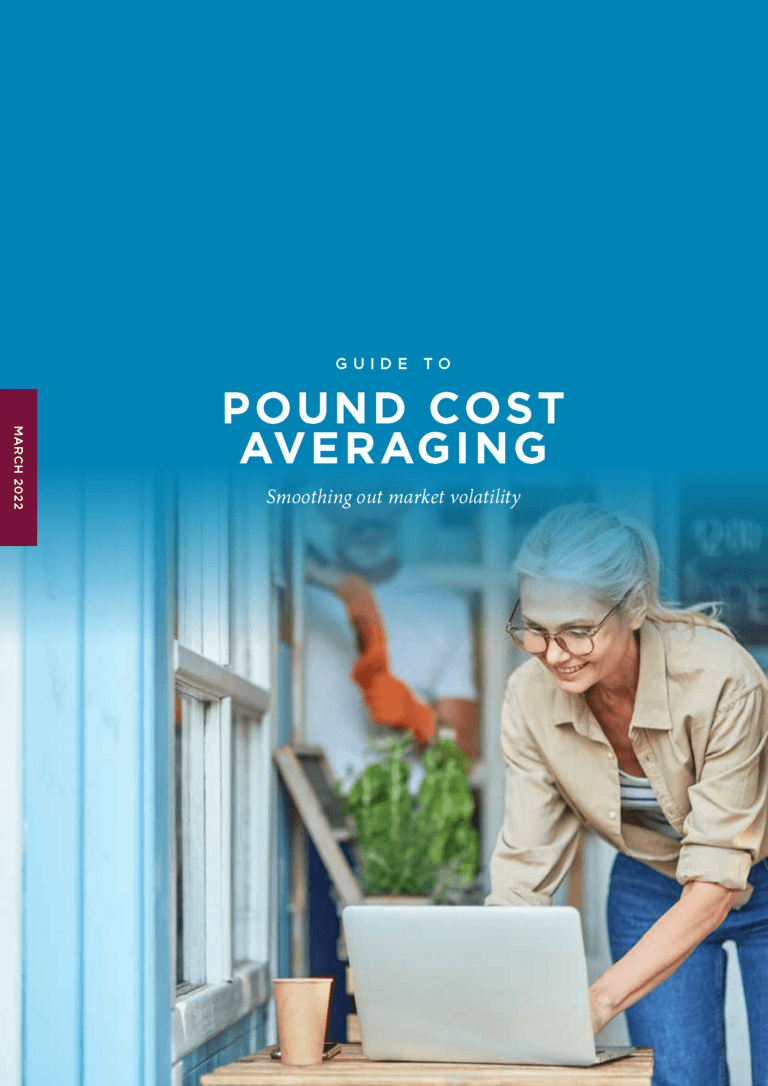What you need to consider at every life stage
When you’re starting out working in your 20s, you may not be thinking about retirement in 40 years. The same goes for your 30s, 40s and even 50s. There is always something on the horizon you could be saving for besides your retirement.
No matter how old you are, it’s always a good time to review your pension savings and update your retirement plan. Understanding your retirement goals during each decade is key to making sure you are able to enjoy and live the lifestyle you want and work hard for when you eventually decide to stop working.
Starting to save in your 20s
Though you’re decades away from retirement, your twenties are an important time for pension planning. That’s because the investments you make in these early years will benefit the most from compounding returns, and so have the most growth potential.
When you start work, if applicable to your situation, you’ll be automatically enrolled into your employer’s workplace pension scheme and they will start to make contributions on your behalf.
Staying on track in your 30s
By your thirties, you may have additional financial responsibilities, such as children and a mortgage. These can make it difficult to dedicate as much money and attention to your pension as you’d would like.
One way to stay on track is to review your pension contributions at least once a year and make sure you’re increasing them as your income grows. Another consideration is to check your investment strategy. With decades remaining before you’ll access your pension, you might choose to take a higher-risk approach now, and then gradually move into lower-risk investments as retirement grows closer.
Accumulating in your 40s
If your salary follows a typical trajectory, it is likely to start peaking when you’re in your 40s, making this decade a crucial time for pension accumulation. You should, by now, also have a good understanding of the income required to support your desired lifestyle, which will help you plan your retirement income. Based on this, you’ll know if you need to adjust your pension contributions to save enough.
At this life stage, you might have changed employers several times, so it might be sensible to check that you have all of the details for any old pensions and, if not, look to track them down.
Maximising your contributions in your 50s
If your pension contributions have fallen behind in any of the previous decades, it’s crucial to catch up now. As well as your salary sacrifice contributions, you might consider adding lump sums to your pension to help you reach your retirement goal.
If you plan to do this, make sure that you’ve checked what your annual allowance for this tax year is, and how much unused annual allowance you have from the last three years. This will determine how much extra you can contribute. For the tax year 2021/22 the annual limit is 100% of your salary or £40,000 (whichever is lower). This includes both contributions paid by you and contributions paid by your employer.
Alternatively, if you’ve stayed on track with all your pension contributions and your savings are at a very healthy level, you might need to take steps to manage your Lifetime Allowance. Currently, the maximum you can withdraw from your pensions in your lifetime is £1,073,100, so if you’re anywhere near that number you should seek professional financial advice.
Preparing to retire in your 60s
In the decade before retirement, some people may choose to take a lower-risk investment strategy with their pension savings than in previous years. While this may limit the potential growth of your investments, it can also reduce fluctuations in value, which can help you to plan your retirement income with more confidence.
You’ll also need to weigh up your options for accessing your pension. You might want to take a lump sum or several lump sums, or you might want to take a regular income. There are advantages and disadvantages to each approach, and decisions you make now will affect your income throughout your retirement.
A PENSION IS A LONG-TERM INVESTMENT NOT NORMALLY ACCESSIBLE UNTIL AGE 55 (57 FROM APRIL 2028). THE VALUE OF YOUR INVESTMENTS (AND ANY INCOME FROM THEM) CAN GO DOWN AS WELL AS UP WHICH WOULD HAVE AN IMPACT ON THE LEVEL OF PENSION BENEFITS AVAILABLE. YOUR PENSION INCOME COULD ALSO BE AFFECTED BY THE INTEREST RATES AT THE TIME YOU TAKE YOUR BENEFITS.
THE TAX IMPLICATIONS OF PENSION WITHDRAWALS WILL BE BASED ON YOUR INDIVIDUAL CIRCUMSTANCES, TAX LEGISLATION AND REGULATION WHICH ARE SUBJECT TO CHANGE IN THE FUTURE. YOU SHOULD SEEK ADVICE TO UNDERSTAND YOUR OPTIONS AT RETIREMENT.
ACCESSING PENSION BENEFITS EARLY MAY IMPACT ON LEVELS OF RETIREMENT INCOME AND YOUR ENTITLEMENT TO CERTAIN MEANS TESTED BENEFITS AND IS NOT SUITABLE FOR EVERYONE. YOU SHOULD SEEK ADVICE TO UNDERSTAND YOUR OPTIONS AT RETIREMENT.
Content of the articles featured in this publication is for your general information and use only and is not intended to address your particular requirements or constitute a full and authoritative statement of the law. They should not be relied upon in their entirety and shall not be deemed to be, or constitute advice. Although endeavours have been made to provide accurate and timely information, there can be no guarantee that such information is accurate as of the date it is received or that it will continue to be accurate in the future. No individual or company should act upon such information without receiving appropriate professional advice after a thorough examination of their particular situation. We cannot accept responsibility for any loss as a result of acts or omissions taken in respect of any articles.For more information please visit www.goldminemedia.co.uk








